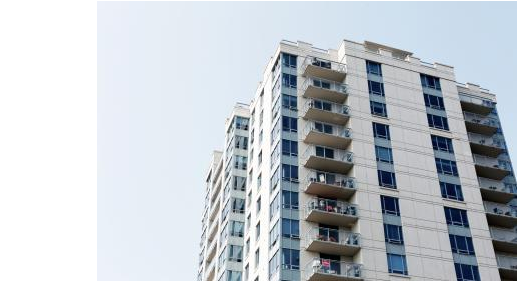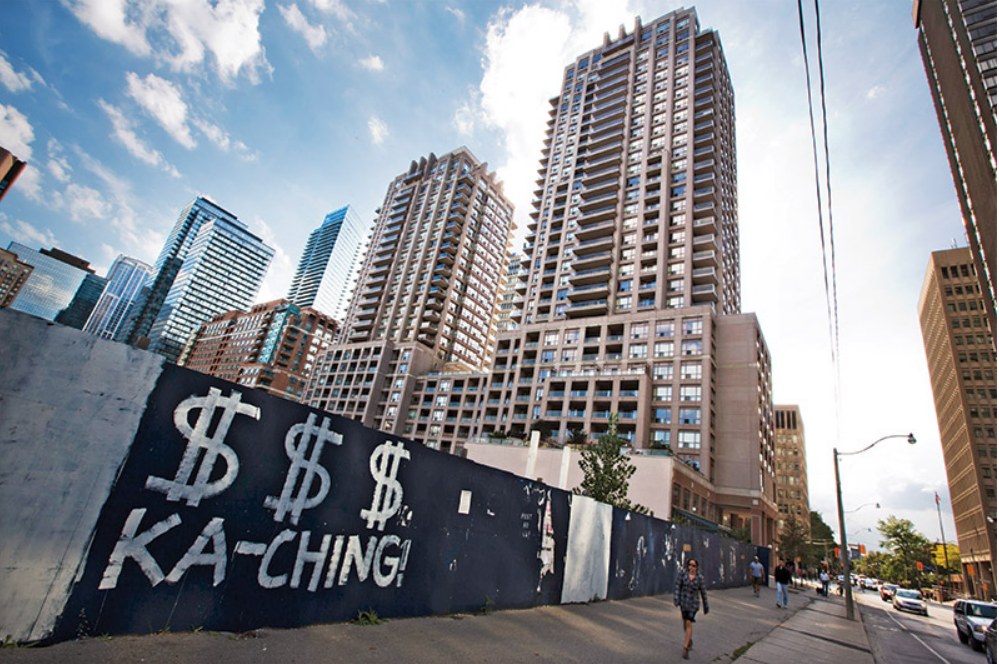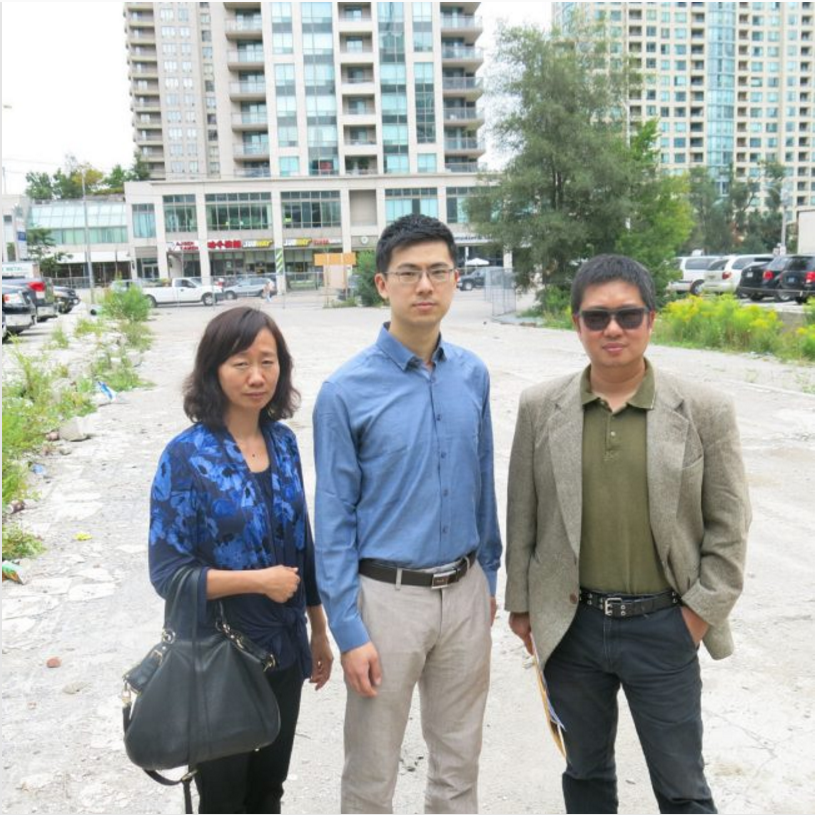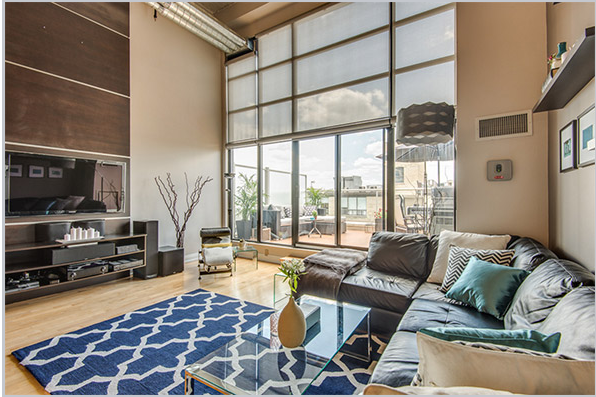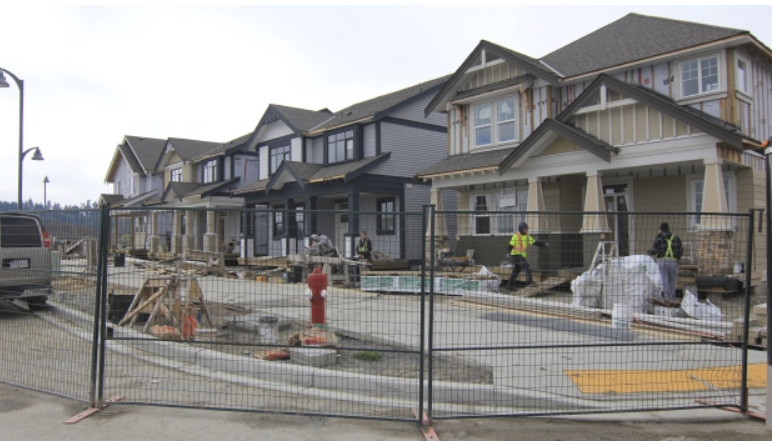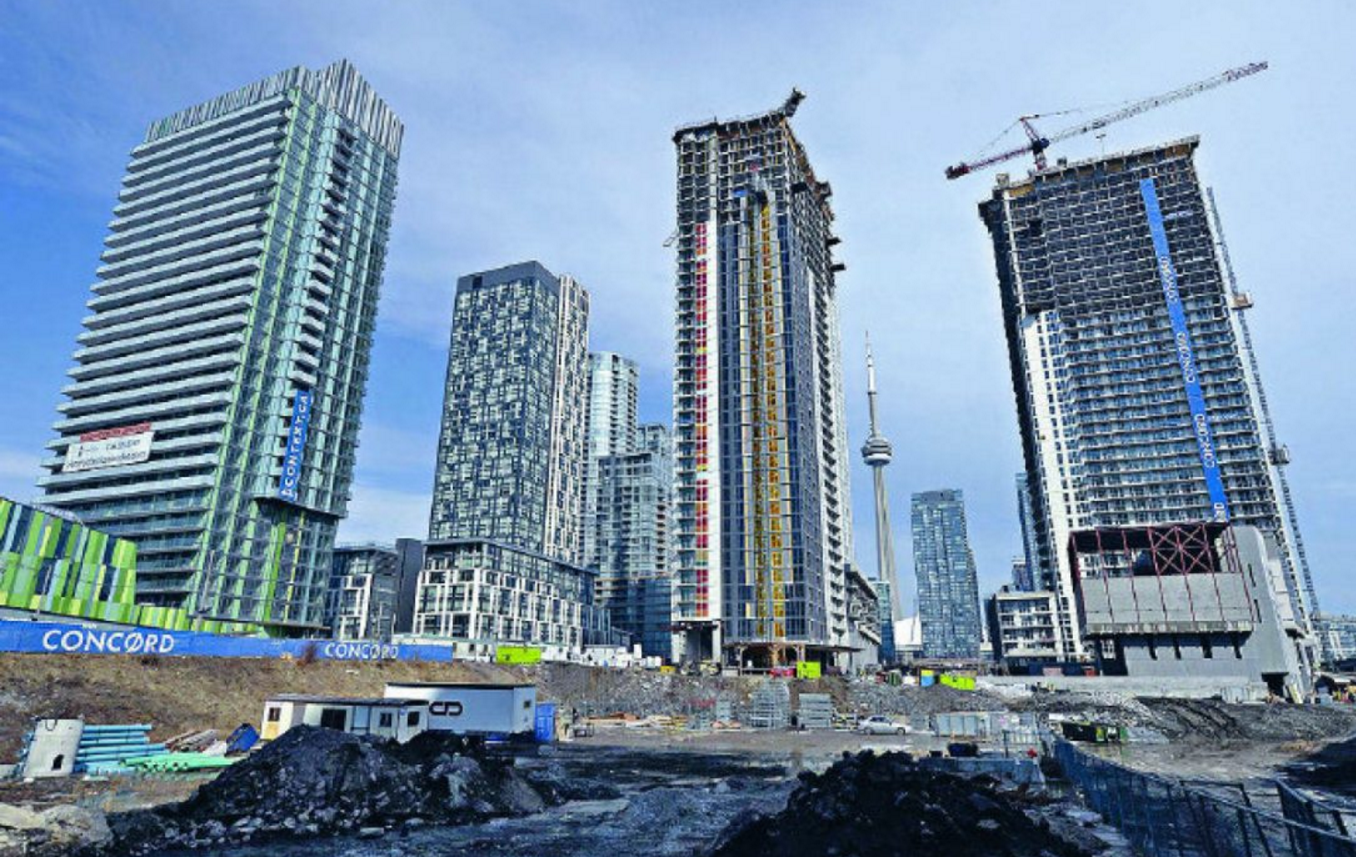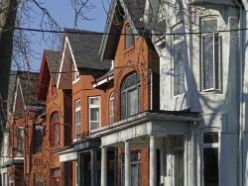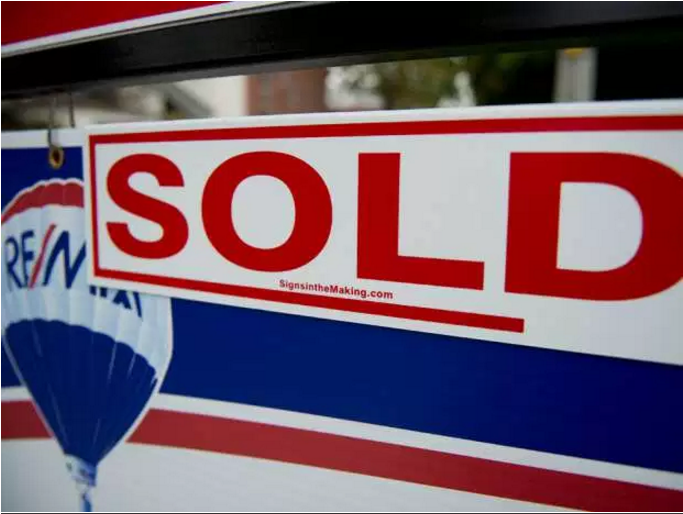If you’ve ever searched for condos in the Toronto or GTA area without putting a lower limit filter on price, then you’ve probably seen some “crazy deals” of 2, 3, and even 4 bedroom condos for sale listed under $250,000. The units are sometimes even completely renovated like new flooring, brand new kitchens and bathrooms, with some even being over 1,000 square feet. With all the talk in the media about soaring home prices, and the average cost of a two bedroom Toronto condo often well over $400,000, it makes you wonder, “how on earth are these prices so low”?
There are a lot of reasons why condos can be priced below the market average, but I would say most fall into one of these categories:
- Neighbourhoods that have issues, are underdeveloped or are negatively stigmatized
- Condo buildings that have issues
PROBLEM NEIGHBOURHOODS
As a general rule of thumb, areas and neighbourhoods that are easily accessible, close to transit, highly walkable or are close to the city center are going to command higher prices. These areas by default are in higher demand, which increases the price the property can be sold for. Condos in neighbourhoods that do not have these characteristics will usually show a lower price per square foot in comparison to those that do.
For toronto Condo buyer, for instance the average price per square foot of a condo in Mount Pleasant ($519) versus the average price per square foot in the Bay Street Corridor ($740).
From this information you can see that the price per square foot is lower in Mount Pleasant, which would be in lesser demand than condos in the Bay Street Corridor, partially for some of the reasons listed above, particularly proximity to the city center in this case. Now, although the price per square foot is lower in Mount Pleasant, it is not so low that a condo listed for sale at this price would raise eyebrows.
A very low price might signal other issues with the neighbourhood.
Sometimes, a neighbourhood may have an actual problem with crime or it may simply be a neighbourhood with negative stigma or past problems. For example, last month, I wrote about Regent Park listing which is in a changing neighbourhood. Other areas may have more social housing buildings or a higher number of recent immigrants, but even neighbourhoods that are similar in these respects may be very different to one another. Go to an area and check it out for yourself. Do you see a lot of families walking around? Are buildings older but still well-maintained? Remember to visit during the day and night. Keep an open mind but be balanced – if you do not feel comfortable, it’s important to honour your instincts.
PROBLEM BUILDINGS
One thing to remember when you’re buying a condo is that the process is similar to buying a piece of a business. If you were purchasing a business, you would want to know how much money it makes, how much money it spends, and if it’s being sued – all of which you can see from the status certificate for the condo. The status certificate is a snapshot in time of the condo corporations’ financials – something you should always review before making a purchase.
What’s interesting is that although not true in every case, sometimes the reason why a condominium is priced so inexpensively is that the condo corporation is in complete disarray: they could be running a negative balance (meaning they haven’t collected enough money from residents to cover its expenses), they are experiencing a special assessment (the condo corporation is mandating residents give additional monies over and above their maintenance fees to pay for uncovered costs), or maybe they are in the middle of a lawsuit.
Any of the above can be possible if the condo corporation is mismanaged – and if this goes on for an extended period of time, the building and common areas take the brunt of the damage: sometimes things that need to be fixed go uncorrected and preventative maintenance doesn’t get done. What you get left with is a building that is quite literally falling apart – which makes living in it less pleasant, not to mention resale values being less than they potentially could be if the condo was in good standing.
What does this all mean? That you need to do your research before committing to purchasing a condo even though the sticker price looks great – because you know what they say: if it looks too good to be true, it just might be.
This is also one situation in which it is particularly good to get professional help – experienced real estate agents who have a reputation for advising honestly are a good resource to draw on as well as reputable lawyers who can review any condo status certificates before you buy.
Read the full post in Move Smartly

